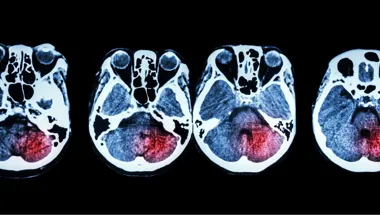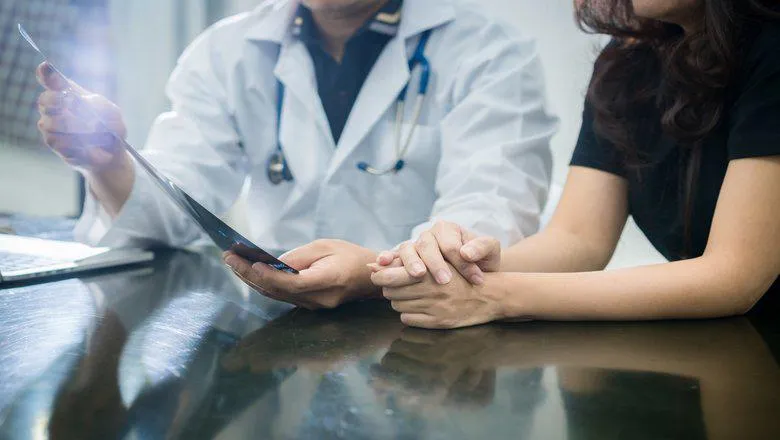
Biography
I am a sociologist studying the everyday work that creates value through science. I focus, in particular, on overlooked actors essential to knowledge production but often excluded from the reputational and economic rewards of scientific achievement. These actors include database managers, patient and public involvement (PPI) contributors, and patient recruiters. By centring my research on these often-invisible contributors, I examine critical questions about what is valued in knowledge production, its implications for workers, and its impact on scientific practices and broader society. Through theoretically informed empirical research, combining ethnographic fieldwork, policy analysis, and qualitative interviews, I contribute to scholarly debates on the digital transformations and other socio-technical changes shaping science and work, such as platformisation.
My current research focuses on biomedical research and forensic science within public sector institutions such as universities and the National Health Service (NHS), domains marked by regulatory constraints and the tension between creating societal value and economic benefit. In biomedicine, I explore the political economy of knowledge, particularly how platform capitalism is adopted and adapted in health research. I investigate how data-intensive health research increasingly relies on citizens who view participation in research, even passively, as a routine part of accessing free healthcare. This highlights a reconfiguration of relationships between citizens, the state, and private enterprises. My work raises critical questions about who benefits from platformisation in the public sector and how these benefits are distributed.
Research

Stroke Research Group
We are a multidisciplinary group (epidemiologists, stroke physicians, GPs, social scientists, statisticians, health informaticians and health economists) focused on stroke and with a wider interest in vascular long-term conditions and analytics.

Health Inequalities, Societies and Systems
Central to our research is understanding and tackling the systemic and intersecting drivers of disparities in health over the life course such as racism, gender, crime, precarious livelihoods, environmental pollution, and inaccessible health care. We work collaboratively across the School of Life Course and Population Sciences to strengthen the theoretical aspects of population health research.

Improving the lives of stroke survivors with data
We aim to improve the lives of stroke survivors through a programme of stakeholder engagement, data collection, analysis and modelling, and use in practice.
Project status: Ongoing

Population Health Stakeholder Involvement Group (PHSIG)
PHSIG works collaboratively with multisectoral partners to ensure bring together diverse opinions for shared impact.

Equitable and Inclusive Patient and Public Involvement in Stroke Research (EquIPS)
EquIPS will coproduce tools for researchers that will support the participation of all stroke survivors, including those with severe stroke related impairments.
Project status: Ongoing
News
The impact of COVID-19 on clinical research in the UK
A new paper has examined how the global research response to the COVID-19 pandemic has impacted research.

Research

Stroke Research Group
We are a multidisciplinary group (epidemiologists, stroke physicians, GPs, social scientists, statisticians, health informaticians and health economists) focused on stroke and with a wider interest in vascular long-term conditions and analytics.

Health Inequalities, Societies and Systems
Central to our research is understanding and tackling the systemic and intersecting drivers of disparities in health over the life course such as racism, gender, crime, precarious livelihoods, environmental pollution, and inaccessible health care. We work collaboratively across the School of Life Course and Population Sciences to strengthen the theoretical aspects of population health research.

Improving the lives of stroke survivors with data
We aim to improve the lives of stroke survivors through a programme of stakeholder engagement, data collection, analysis and modelling, and use in practice.
Project status: Ongoing

Population Health Stakeholder Involvement Group (PHSIG)
PHSIG works collaboratively with multisectoral partners to ensure bring together diverse opinions for shared impact.

Equitable and Inclusive Patient and Public Involvement in Stroke Research (EquIPS)
EquIPS will coproduce tools for researchers that will support the participation of all stroke survivors, including those with severe stroke related impairments.
Project status: Ongoing
News
The impact of COVID-19 on clinical research in the UK
A new paper has examined how the global research response to the COVID-19 pandemic has impacted research.

